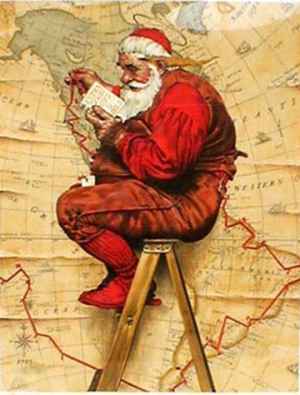Twelve Days of Christmas: Day Twelve - The Twelve Days of Christmas

A lot of people have heard of the Twelve Days of Christmas, and have heard the song, but do not know what it is actually referring to. Originally, it started out as a Scandinavian solstice festival that lasted for twelve days. After Europe became Christianized, this festival became incorporated into Christmas, and the twelve days became counted as the days from Christmas to Epiphany.
The celebrations of the twelve days largely took place at night, starting Christmas night. A lot of Saturnalia themes snuck into the twelve days in the Middle Ages. The days would be filled with feasting and merrymaking, much like the old Roman festival, and the festivities would climax on the Twelfth Night.
These days, there are several holidays that take place during the twelve days that are recognized by different countries around the world. Among these are Boxing Day, St. Stephen's Day, and Feast of the Innocents. Some people still give gifts on the Twelfth Night, some give gifts each night.
It appears that the song originates in France and could very well have been a part of the Twelfth Night festivities. In such a festivity, singers would have had to remember all parts of the song correctly. If one of them made a mistake, they would have to pay a good natured penalty of some sort, like a kiss.
According to PNC, the price of all the items in the song would cost $21,080 this year, and $86,608 if the items are literally given as the song suggests.


















